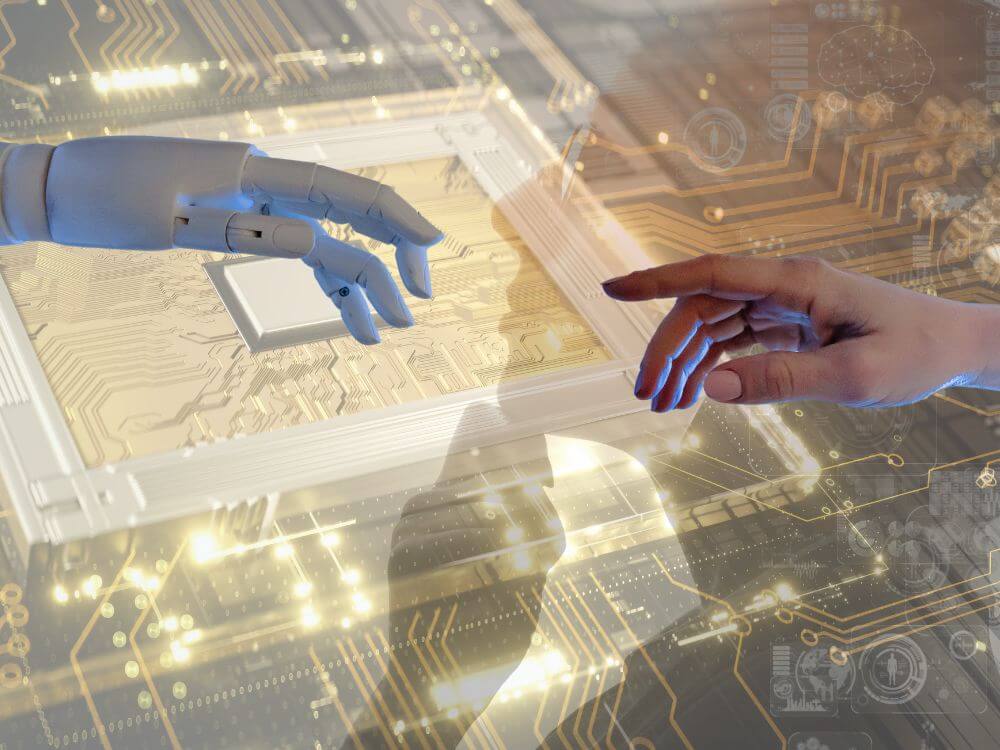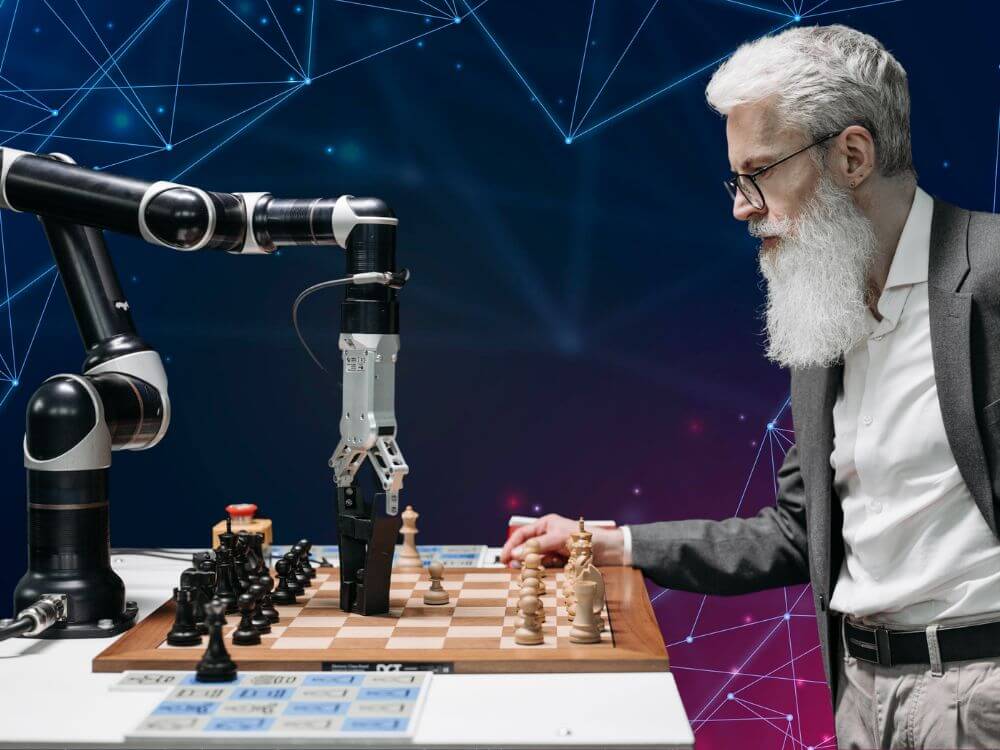Artificial Intelligence (AI) is changing the way we work. Many industries using AI to improve their processes, increase efficiency, and reduce costs. However, many people worry about its effect on jobs as it grows. Will AI take away jobs, or will it create new opportunities? Let’s explore how AI is affecting employment.
How AI is Replacing Jobs
AI is automating many tasks that humans used to do. Machines can now perform repetitive work, analyze data, and even make decisions. Some industries where AI is replacing jobs include:
Manufacturing – Robots assemble products faster and more accurately than humans.
Retail – Self-checkout machines reduce the need for cashiers.
Customer Service – AI chatbots handle customer questions without human agents.
Transportation – Self-driving technology is reducing the need for drivers.
As AI continues to improve, more jobs that involve routine tasks may be at risk. Workers in these industries may need to learn new skills to stay employed.
How AI is Creating Jobs
While AI is replacing some jobs, it is also creating new opportunities. Companies need people to develop, manage, and maintain AI systems. Some new job roles include:
AI Engineers – Experts who build and improve AI systems.
Data Analysts – People who analyze data collected by AI tools.
AI Trainers – Workers who teach AI how to recognize patterns and make decisions.
Cybersecurity Experts – Professionals who protect AI systems from hackers.
AI is also helping businesses grow, which leads to more job opportunities in areas that AI cannot replace, such as creative work, human interaction, and problem-solving.
How Employees Can Adapt to AI
To mitigate the impact of AI or blend with it, employees can take the following steps:
Upskilling and Reskilling – Learning new skills such as coding, data analysis, and AI management can help employees stay relevant in the job market.
Developing Soft Skills – Human skills like emotional intelligence, communication, and problem-solving are difficult to automate and will remain valuable.
Working Alongside AI – Employees can use AI tools to enhance their work rather than seeing AI as a competitor. For example, marketers use AI for data insights while focusing on creative strategy.
Staying Updated – Keeping up with AI advancements ensures employees can adapt to changes and leverage AI in their respective fields.
The Future of Work with AI
The impact of Artificial Intelligence on Employment depends on how businesses and workers adapt. Here are some key ways to prepare for the future:
Learn New Skills – Workers should focus on skills that AI cannot easily replace, such as critical thinking, creativity, and emotional intelligence.
Use AI as a Tool – Instead of fearing AI, employees can learn how to work alongside it to improve productivity.
Government and Business Support – Companies and governments should invest in training programs to help workers transition into new roles.
AI is changing the job market. While it may replace some jobs, it is also creating new ones. The key to success in the age of AI is adaptability. By learning new skills and using AI as a tool, workers can continue to thrive. The future of Artificial Intelligence on Employment will depend on how businesses, workers, and governments respond to these changes.


